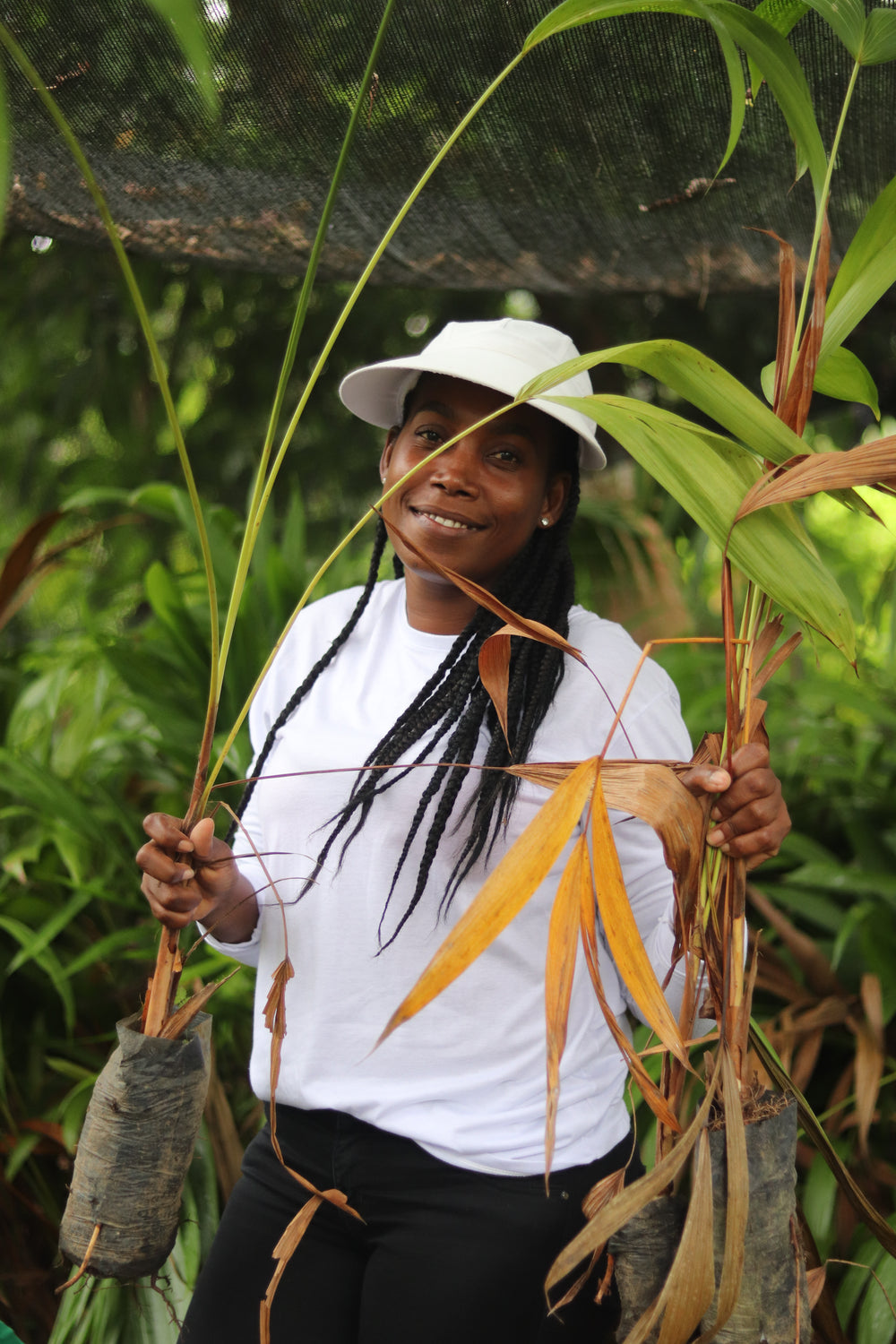
The Colombia Pacific Watershed Projects
This collection of projects protects 117,740 hectares of coastal watershed along the Pacific coast of Colombia. Located along Colombia's Pacific coast, this collection of projects includes three sites and mangrove forest-protected areas, Mutatá, Bahia Malaga-Bajo Calima, and Bajo Mira y Frontera and conserves a critical part of the South American tropical forest, which is home to 10% of the entire planet’s animal and plant species.
This area is one of Colombia’s poorest and historically marginalized regions. These projects improve the well-being of over 40,000 people, increase employment opportunities for the local afro-descendent and indigenous communities, implement systematic protection of mangrove forests, and maintain biodiversity.
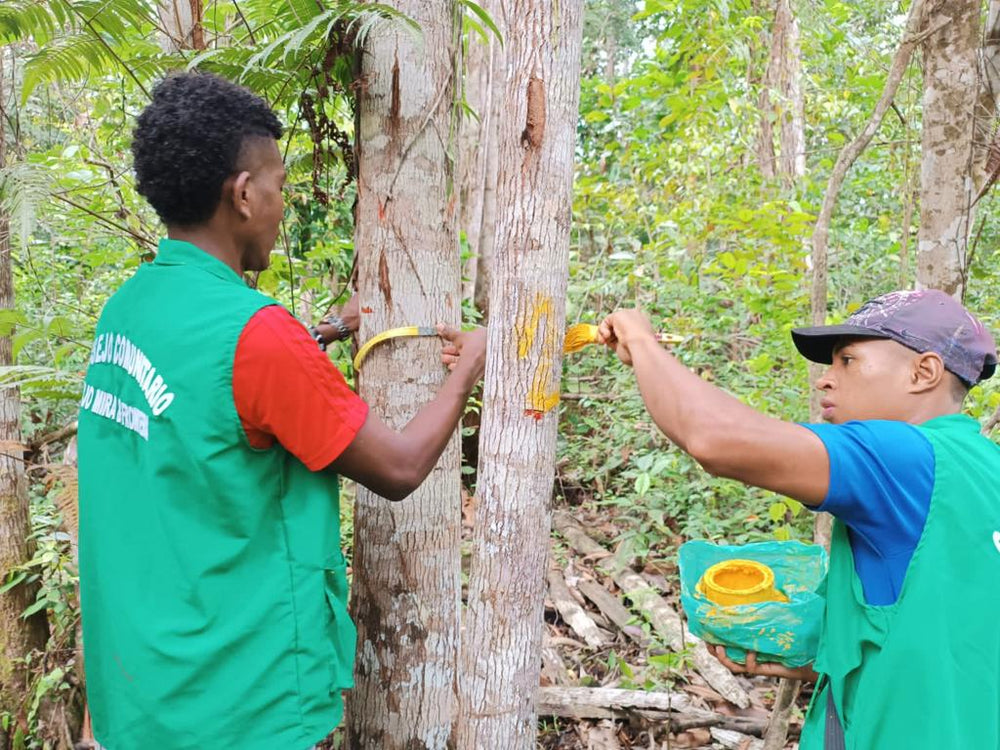
Summary of Projects
Benefits:
- Sustainable conservation of the mangrove ecosystem, marshes, and associated streams.
- Local governance of protected marine-coastal areas at the regional level.
- Sustainable community management practices of mangrove forests.
- Economic empowerment of community groups and increased job opportunities.
- Habitat protection for vulnerable flora and fauna species.
Impacts:
- Generates 70 million tons of verified emissions reductions over 30 years.
- Improves the well-being of over 40,000 local people.
- Increases conservation of at least 10 % of coastal and marine areas.
- Promote ecotourism in the project area.
- Strengthens efforts to safeguard the area's cultural and natural heritage.

Everland
Everland currently represents REDD+ projects in Colombia, Kenya, the Democratic Republic of Congo, and Cambodia. As part of The Forest Plan, they are rapidly scaling their portfolio of voluntary community-based REDD+ programs, led on the ground by the world’s best REDD+ project developers in partnership with local communities, Indigenous peoples, and governments. Everland exists to help people prosper from conserving their forests and wildlife, resulting in climate change mitigation for the benefit of all.
A little further reading...
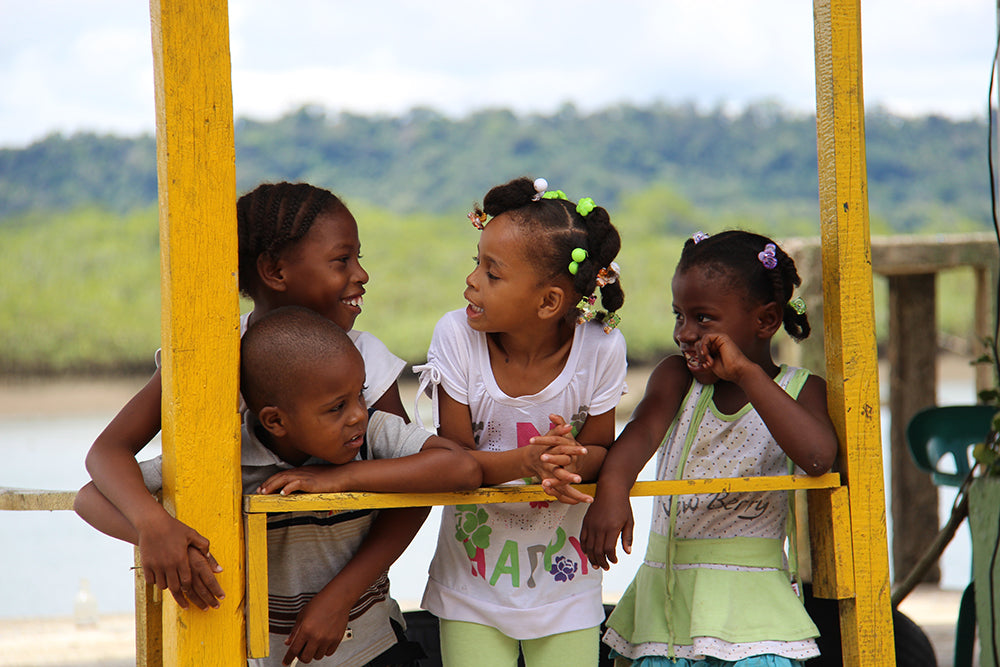
Community-Led Projects
These projects are led by the local indigenous community. The people of the project sites collectively own and operate the projects and serve as the primary decision-makers. All value from the projects go directly to the local community.
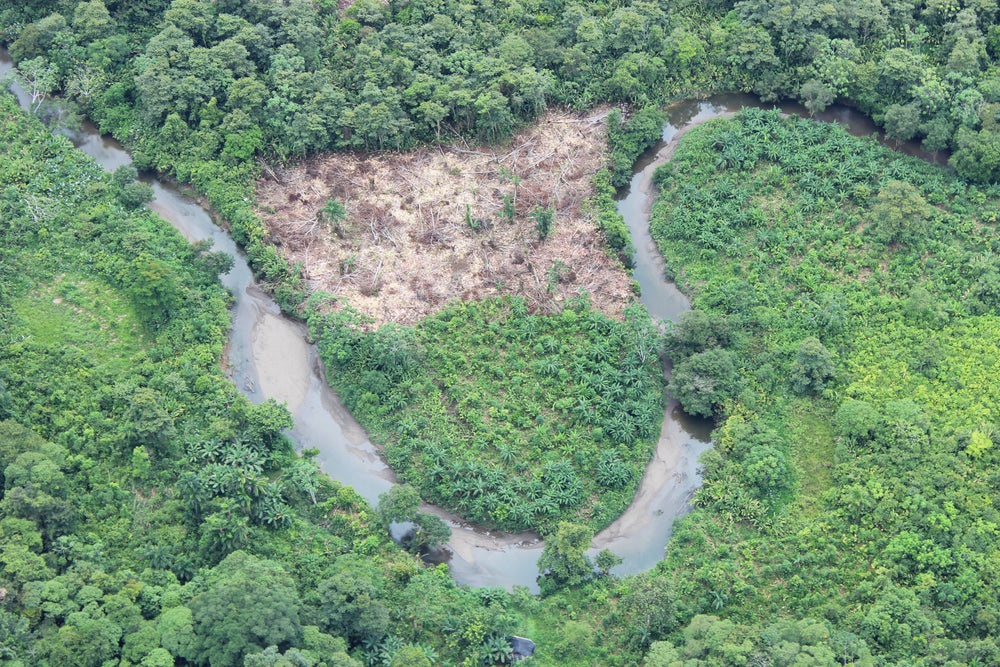
One of Most Biodiverse Areas in the World
Stretching from the border of Panama to Ecuador, Colombia’s Pacific coast is home to 10% of the planet’s animal and plant species. These rainforests have some of the highest biodiversity on the planet and is home to several critically endangered endemic species, including the South American jaguar.
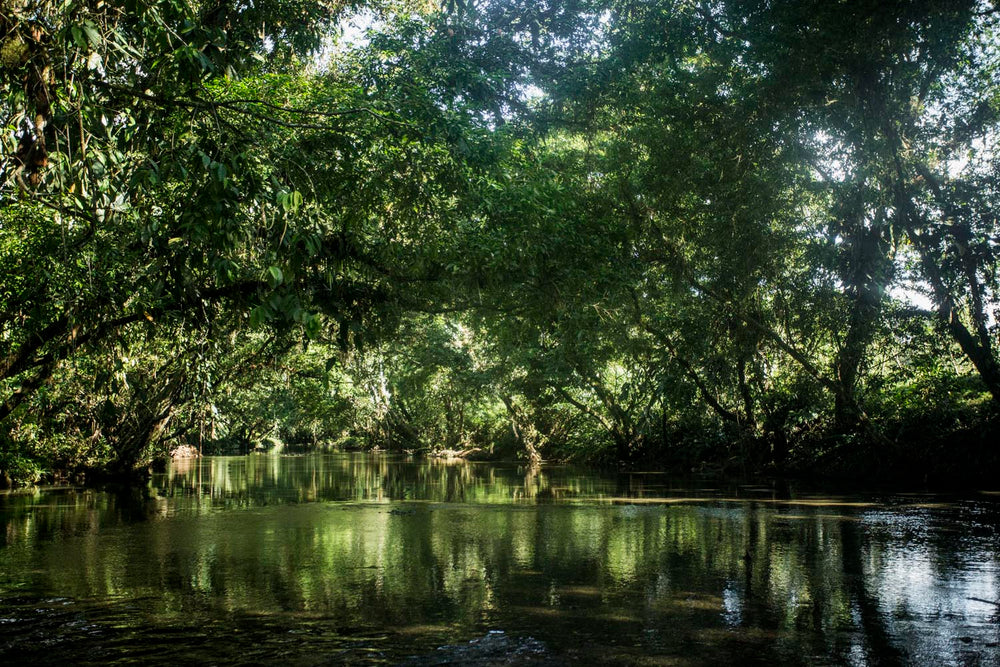
A Critical Ecosystem - Threatened by Deforestation
This region is a highly productive marine-coastal ecosystem that provides protection against coastal erosion, water purification, flood control, significant carbon stocks, and shelter for a variety of vulnerable species such as birds, mammals, reptiles, amphibians, and fish.
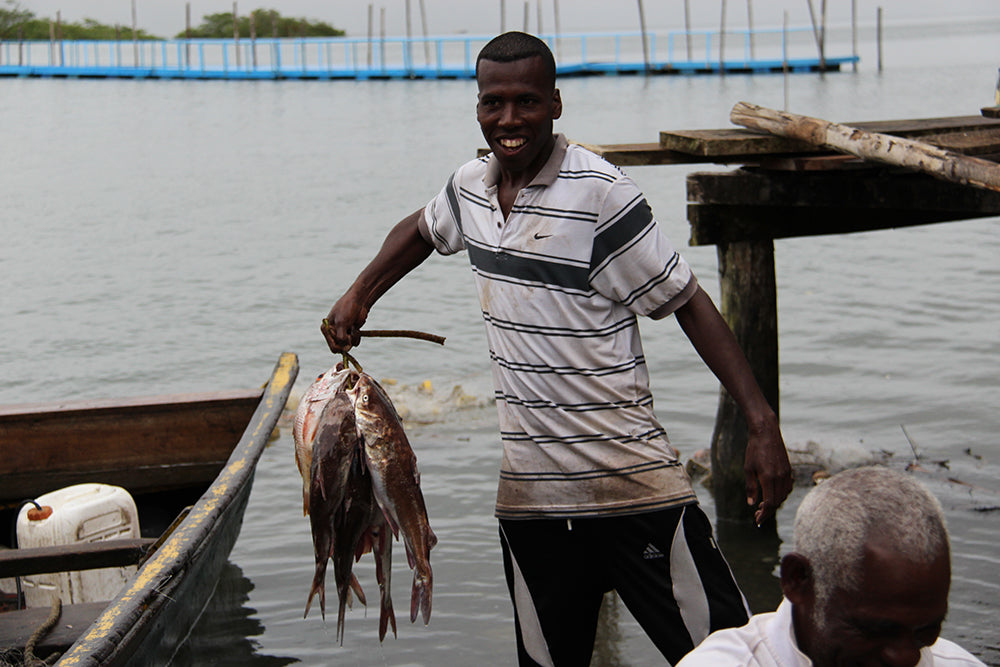
Sustainable Development
These projects provide income flow for the local community and sustainable management and protection of marine and coastal ecosystems. This in turn drives other Sustainable Development benefits produced by the projects. Longer-term success is ensured by the creation of meaningful jobs that are reliant on the forest being protected.
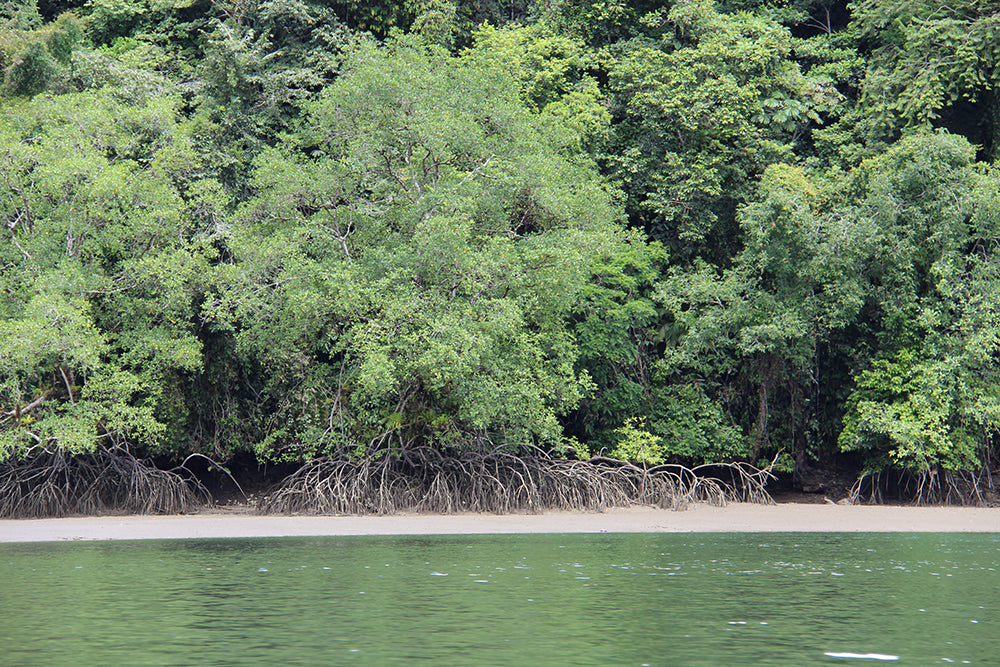
A Unique Geographic Setting - Ridge To Reef Watershed
Wetland and marine environments are less vulnerable to damage when rivers upstream are healthy and protected.
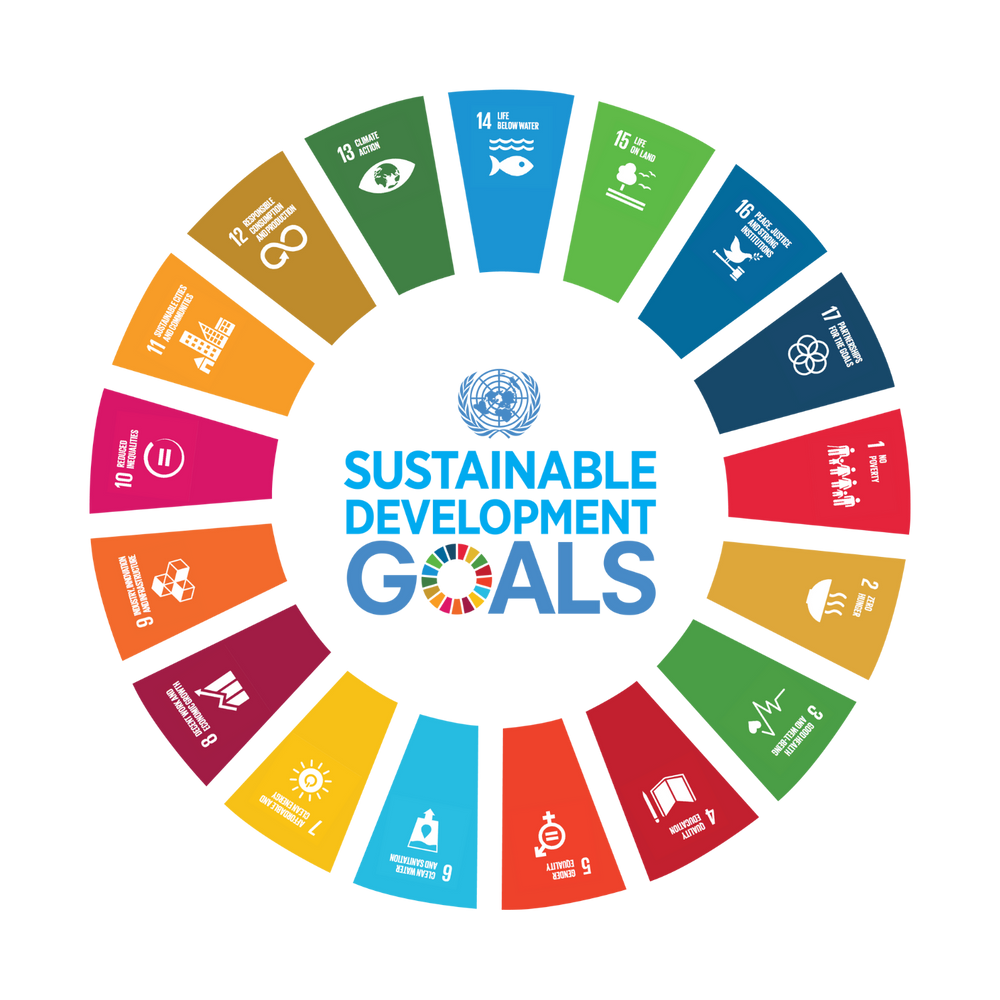
Community-Led Project
The people of these project sites collectively own and operate the projects and serve as the primary decision-makers. All value from these projects go directly to the local community.
Key Impact Metrics
- Sustainable conservation and community management of the mangrove ecosystem, marshes, and associated streams.
- Local governance of protected marine-coastal areas at the regional level.
- Economic empowerment of community groups and increased job opportunities.
- Habitat protection for vulnerable flora and fauna species.
- Generates 70 million tons of verified emissions reductions over 30 years.
- Improves the well-being of over 40,000 local people.
- Promotes ecotourism in the project area.
- Strengthens efforts to safeguard the area's cultural and natural heritage.
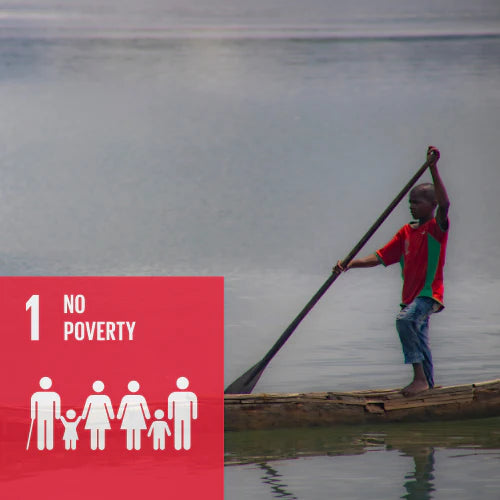
No Poverty
This area is one of Colombia’s poorest and historically marginalized regions. These projects improve the well-being of over 40,000 people, and increases employment opportunities for the local afro-descendent and indigenous communities. Implementing strategic mangrove planting practices will increase the flow of income to both projects sites, and all value from the project goes directly to the local community.
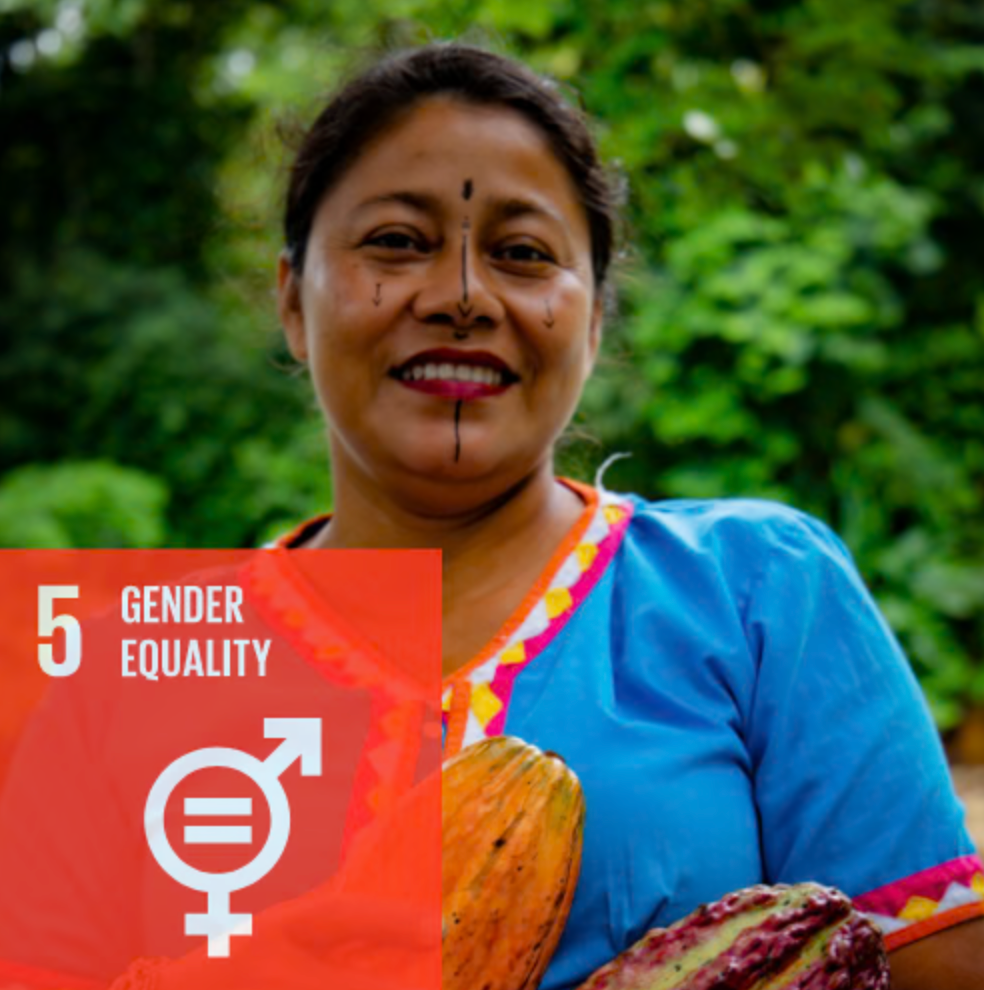
Gender Equality
A significant proportion of managerial positions are held by women. The facilitation of these projects will additionally enforce and monitor equality and non-discrimination both in positions held and in decision-making.
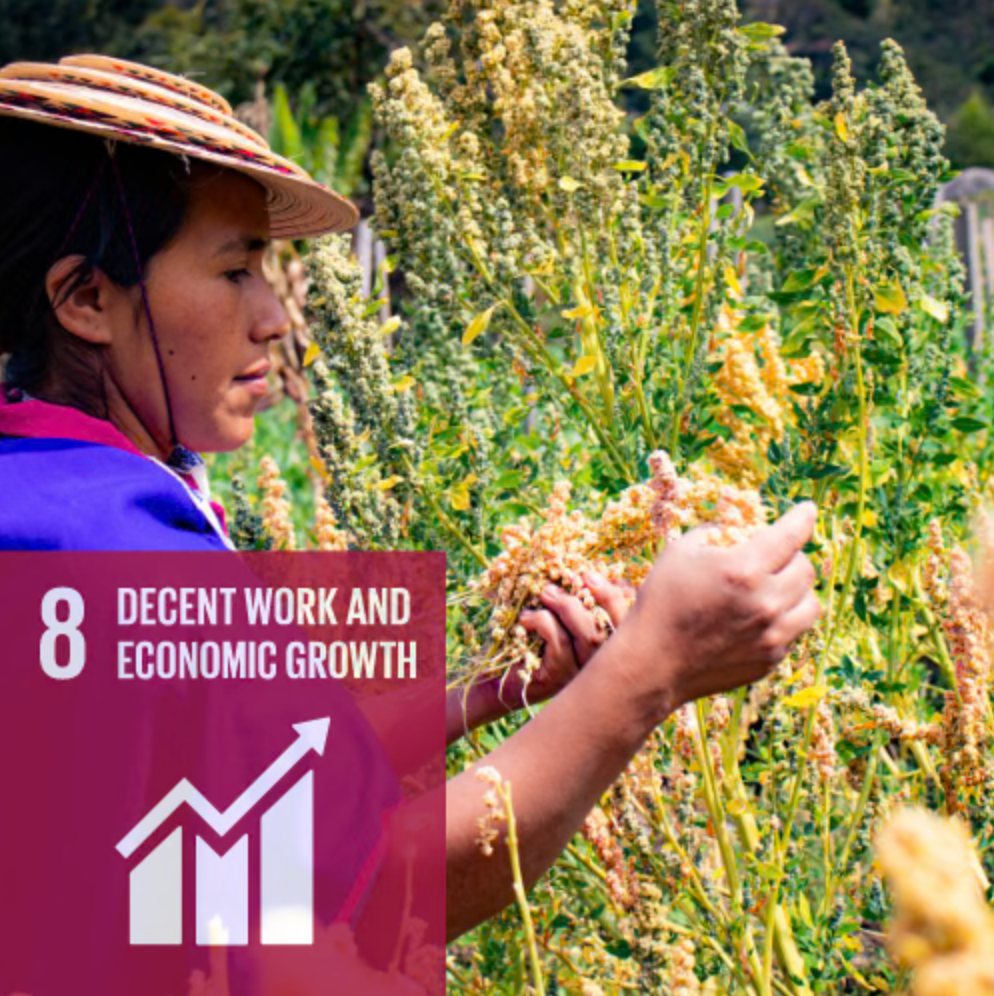
Decent Work
Benefits for these projects include economic empowerment of community groups, increased job opportunities, promotion of ecotourism, and strengthening of local governance. Additionally, these projects will provide total per capita expenditure (public and private) for the preservation, protection and conservation of all cultural and natural heritage.
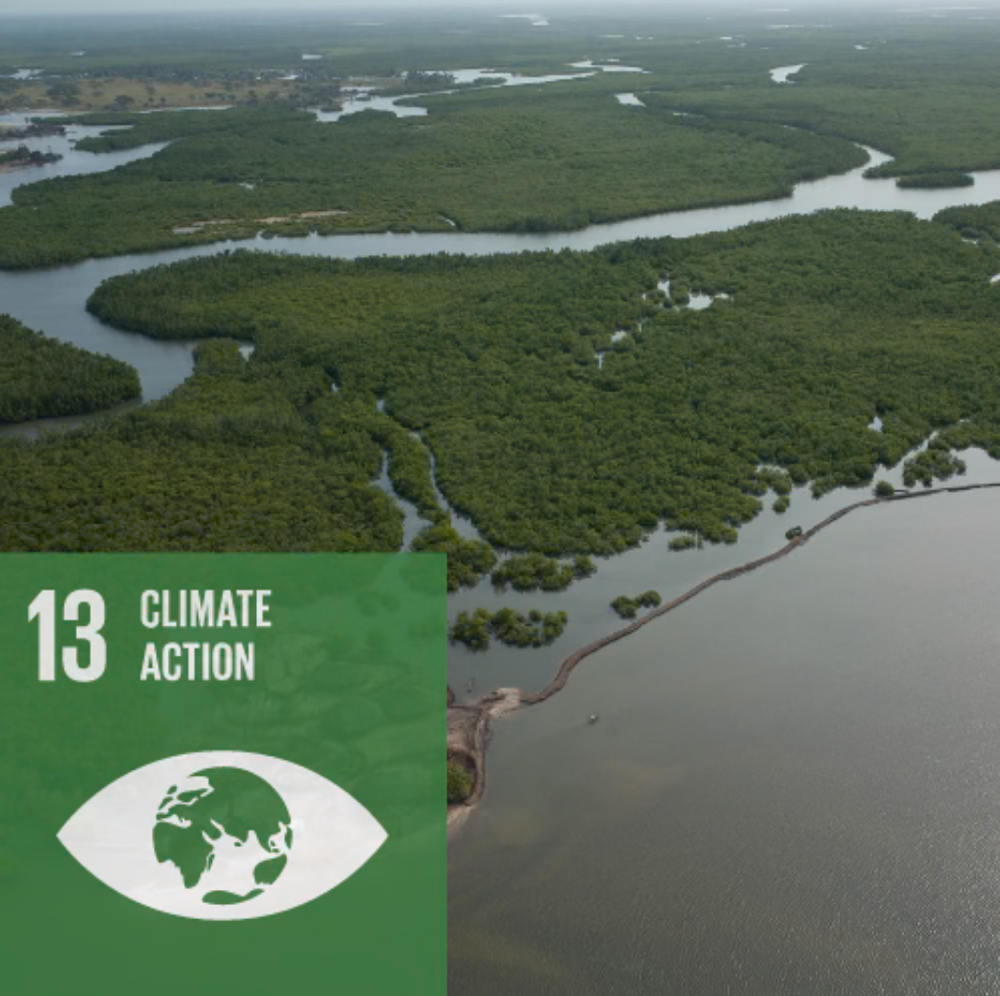
Climate Action
Climate change is a global issue that threatens all societies. These projects prevent the emission of an average of 1.2 million tons of CO2 each year by avoiding deforestation and forest degradation.
REDD+ is one of the only promising options that provides these communities with a meaningful alternative livelihood, one based on incentives and rewards for effective conservation.
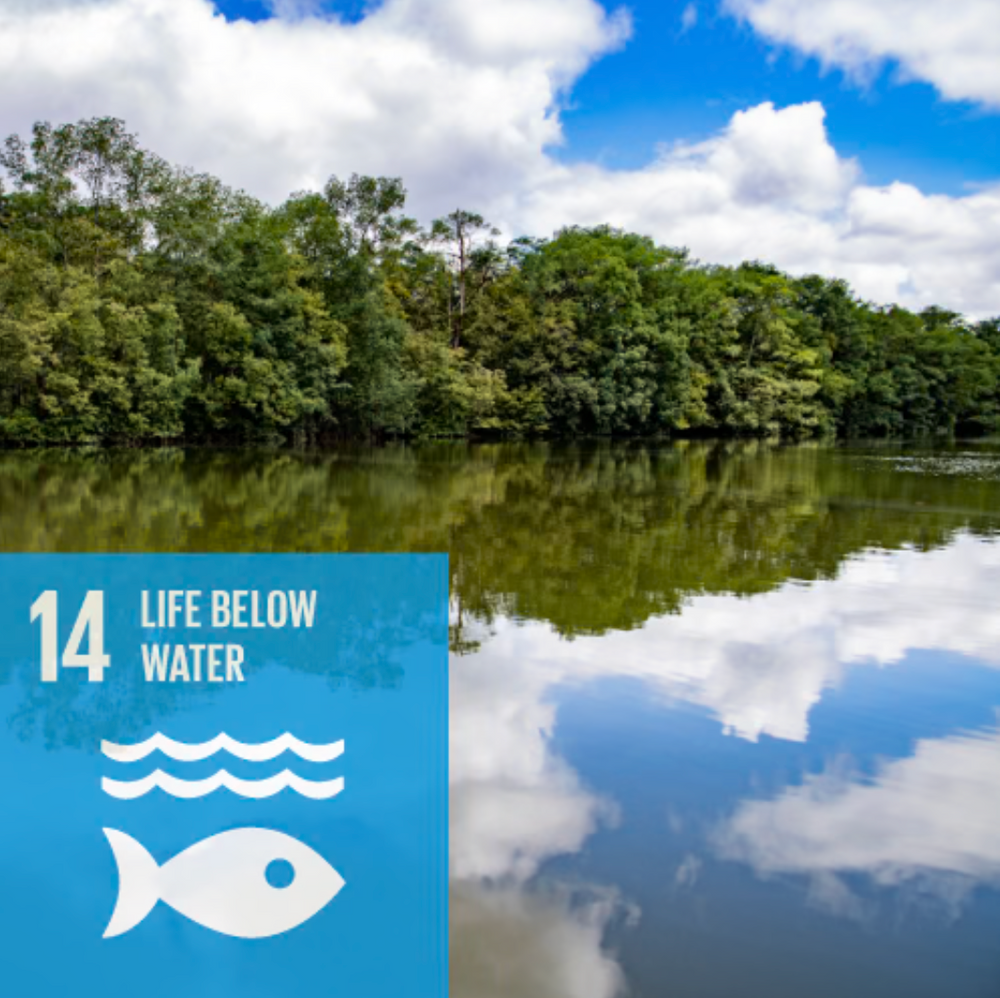
Life Below Water
This region is a highly productive marine-coastal ecosystem that provides protection against coastal erosion, water purification, flood control, significant carbon stocks, and shelter for a variety of vulnerable species such as birds, mammals, reptiles, amphibians, and fish.
These projects aim to conserve at least 10% of coastal and marine areas, as well as sustainably manage and protect marine and coastal ecosystems to avoid significant adverse impacts, including by strengthening their resilience, and taking measures to restore the health and productivity of the oceans.
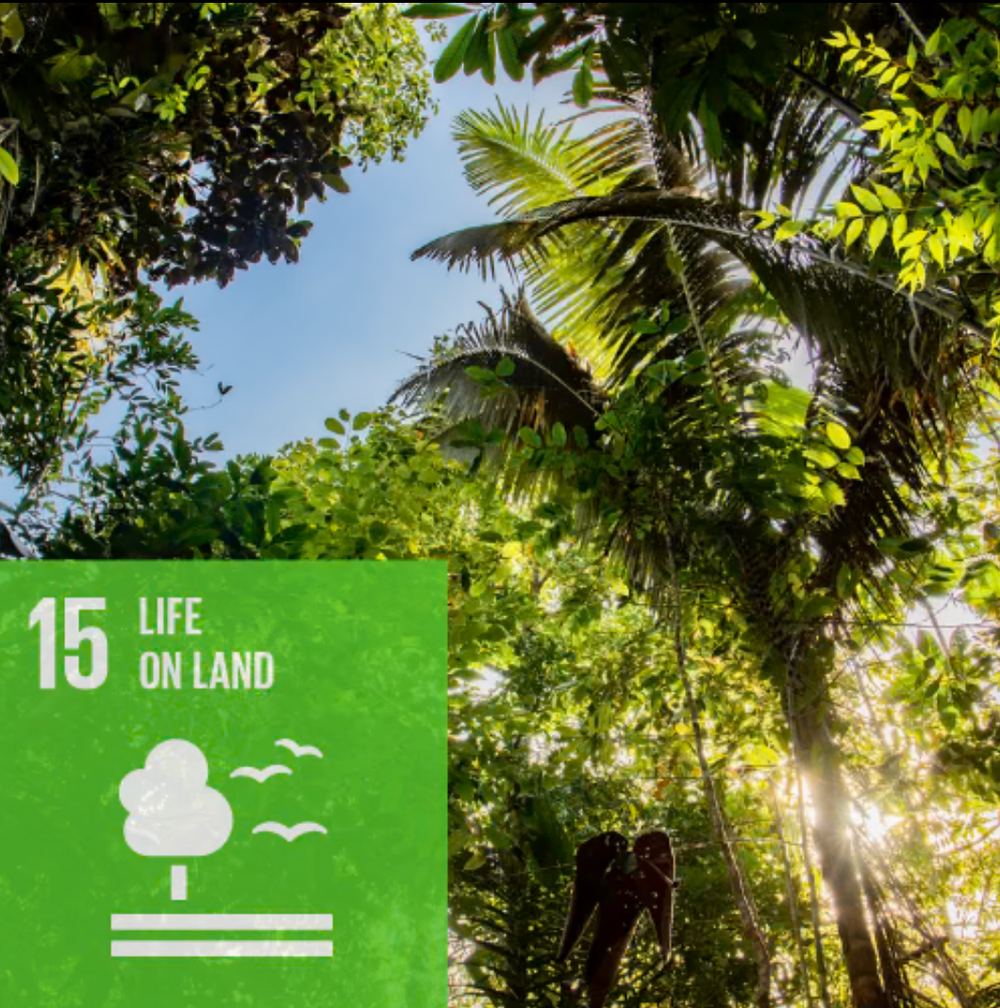
Life on Land
This collection of projects protects 117,740 hectares of coastal watershed along the Pacific coast of Colombia. Located along Colombia's Pacific coast, this collection of projects includes two sites and mangrove forest-protected areas, Mutatá and Bahia Malaga-Bajo Calima. They conserve 117,740 hectares of South American tropical forest, which is home to 10% of the entire planet’s animal and plant species.
These projects promote sustainable management of all types of forests, and works to end deforestation, restore degraded forests and increase global afforestation and reforestation.
